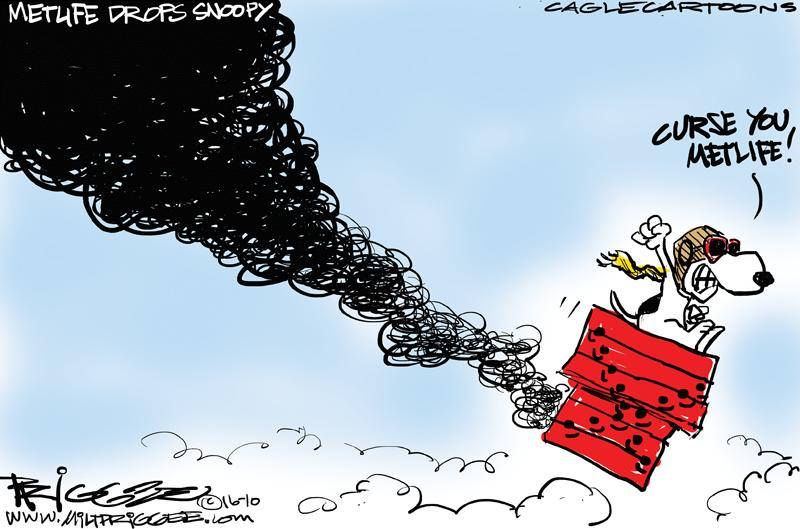Wrongo had hoped to avoid writing about the Russian email hacking, but it seems that it is all that the pundits will talk about. The argument is that Russia interfered in the US election, and the intervention gave the election to Trump. The drumbeats have gotten louder as Monday’s Electoral College voting looms.
Mainstream TV news anchors are reporting with indignation, and as fact, that Russia (specifically Vladimir Putin) not only sought to influence the US election and promote “doubt” about the whole legitimacy of the US electoral system, but to throw the vote to Donald Trump.
The main accusation by the government is that the DNC and Podesta emails leaked through WikiLeaks were provided by state-backed Russian hackers, while no Republican materials were leaked. The leaked emails seemed to be genuine, since no complaints about the contents were made by the victims of the leaks.
The case against Russia is plausible, but many questions remain. Jeremy Scahill and Jon Schwarz of The Intercept have asked Obama to disclose the government’s secret evidence:
US intelligence agencies have repeatedly demonstrated that they regularly both lie and get things horribly wrong. In this case, they may well be correct, but they cannot expect Americans to simply take their word for it.
The current debate about Russia’s possible hacking is plagued by innuendo similar to what we saw in the McCarthy era. There is a disturbing trend emerging that dictates that if you don’t believe Russia hacked the election or if you simply demand evidence for this tremendously significant allegation, you must be a Trump apologist or a Soviet agent.
Wrongo is neither. The growing lack of trust in government and news media means that few of us know what to believe. It will take facts to make a case that this isn’t just more fake noos. Even if a few CIA or NSA secrets are made public.
Putin needs a password:
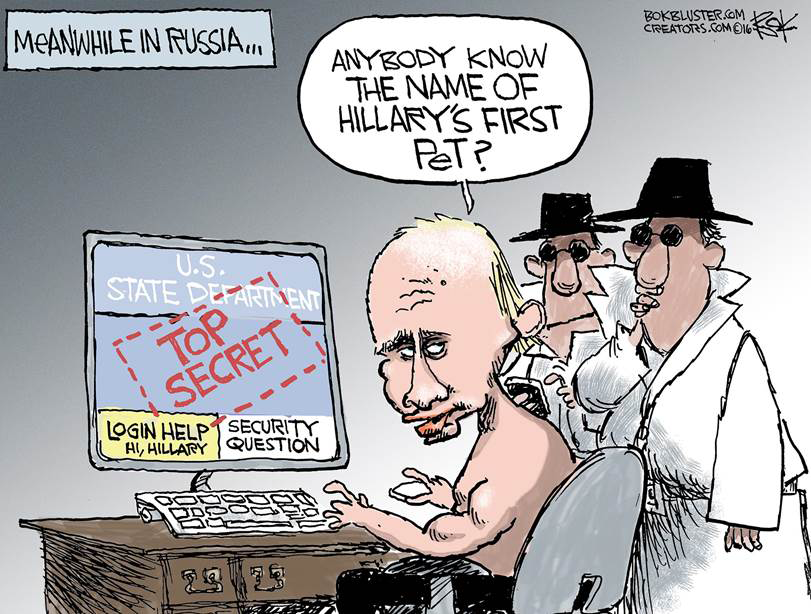
Are Putin and Trump running a con? From The Economist:
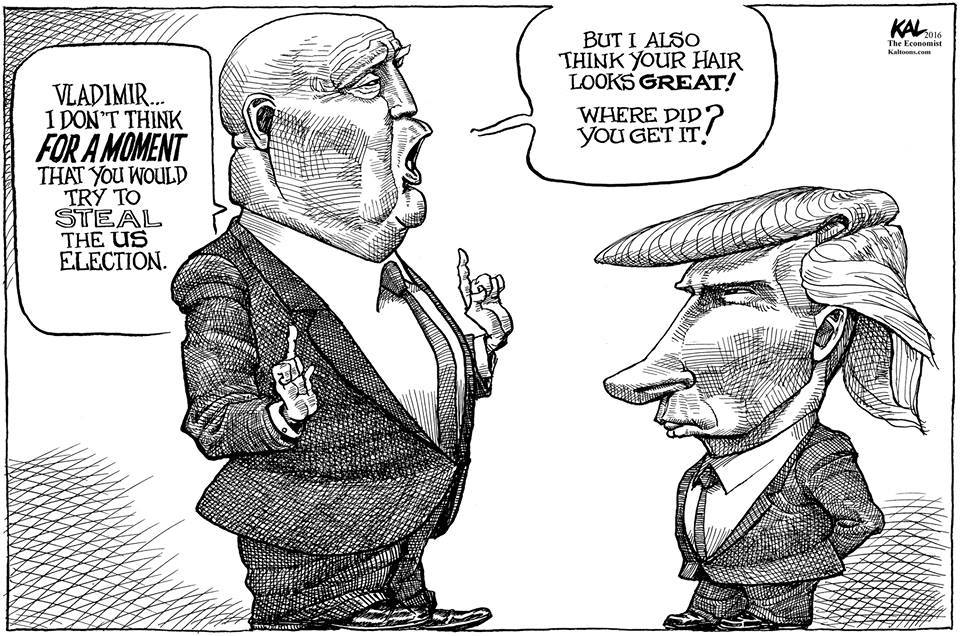
When asked about the hack by Obama, Putin said nothing:
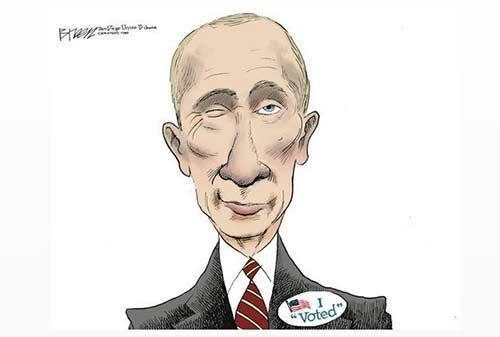
Trump picks Rick Perry:
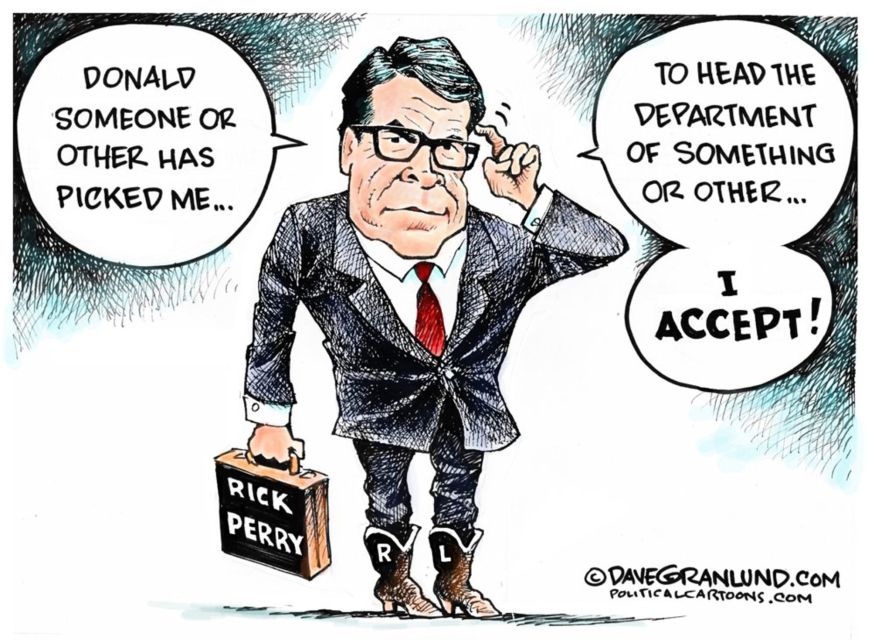
Trump helps make coal great again:
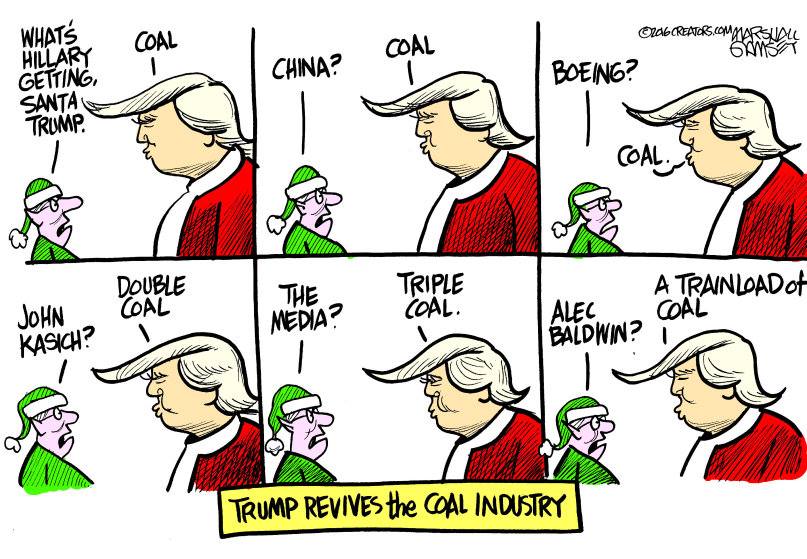
Trump offers presents for the rest of us:
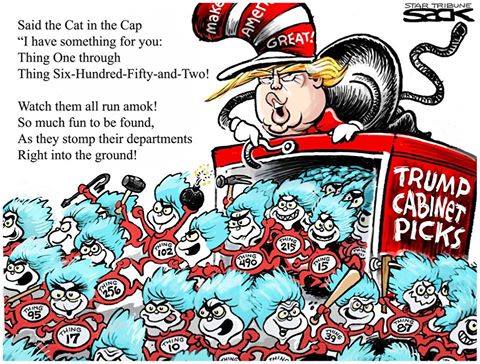


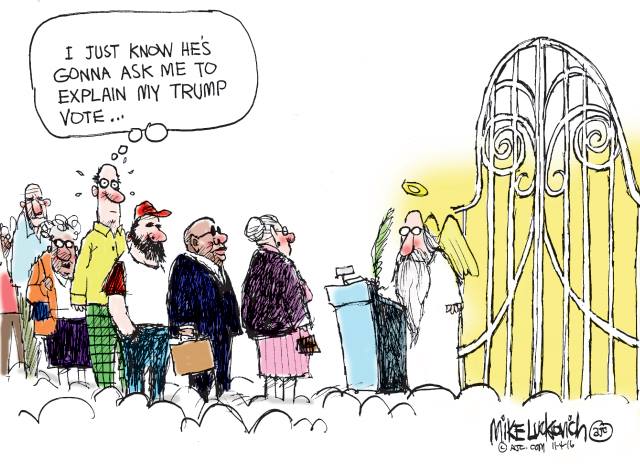
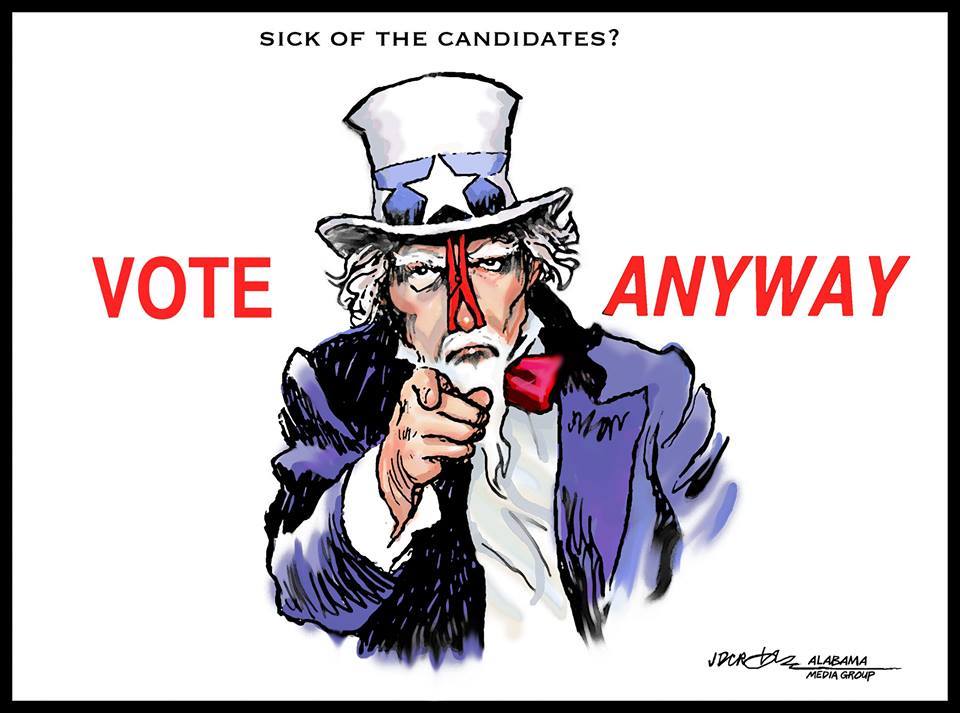
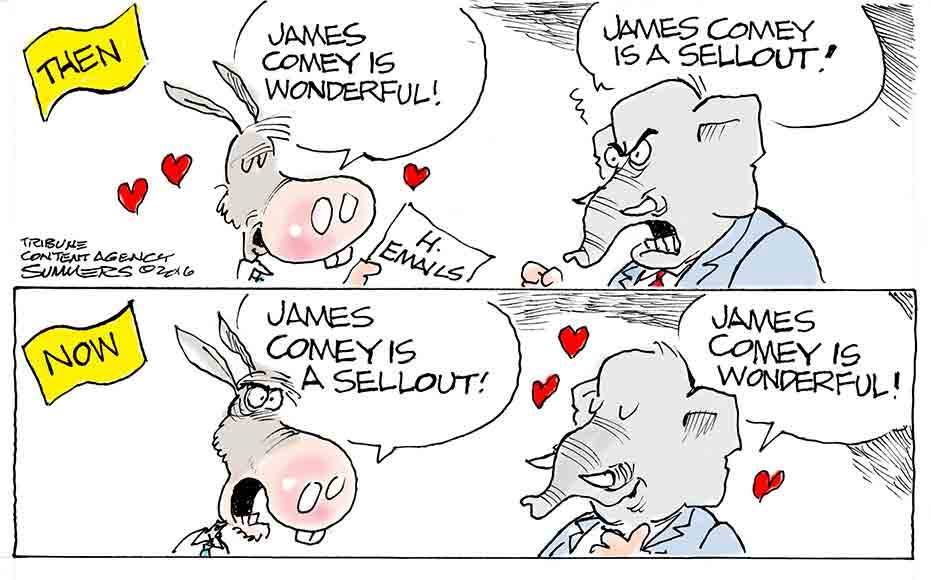
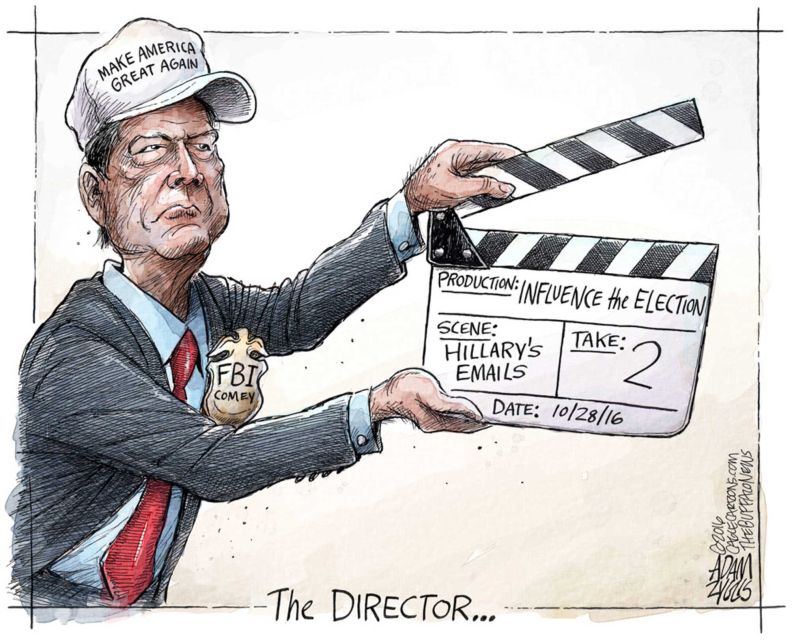
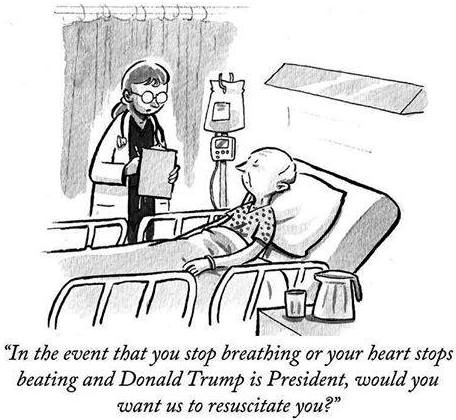
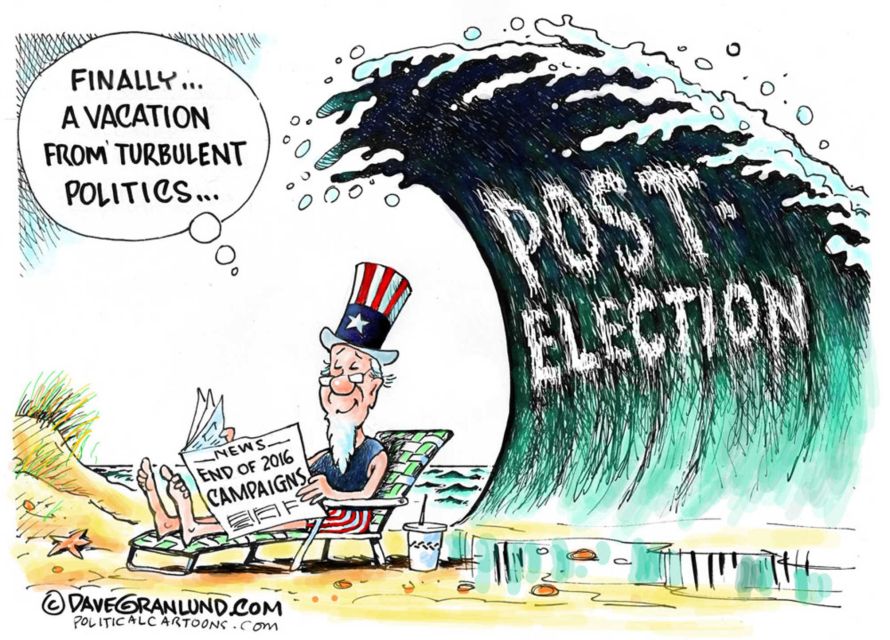
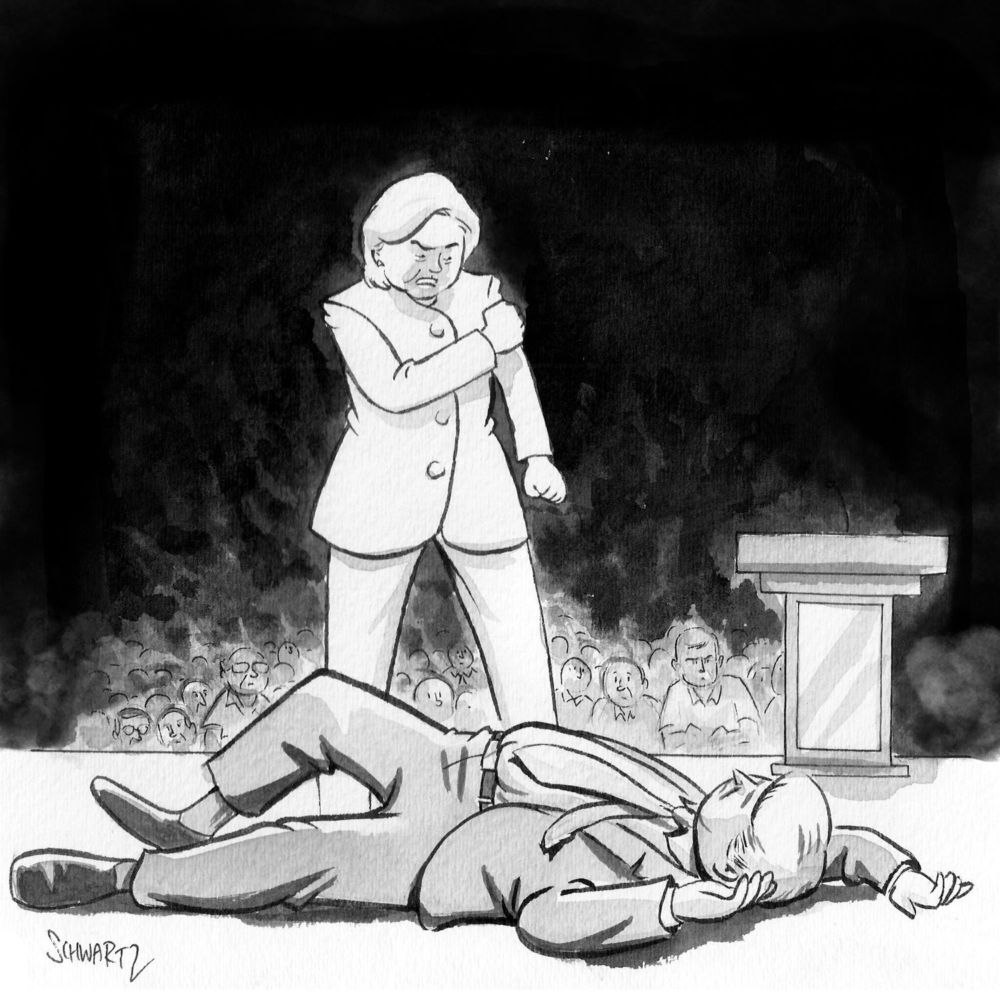
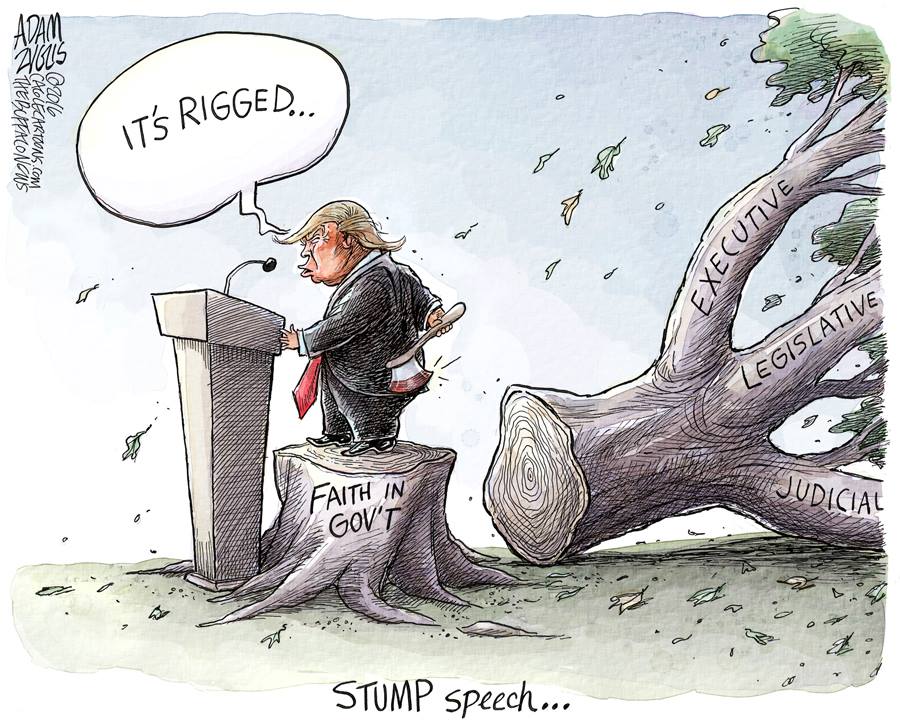
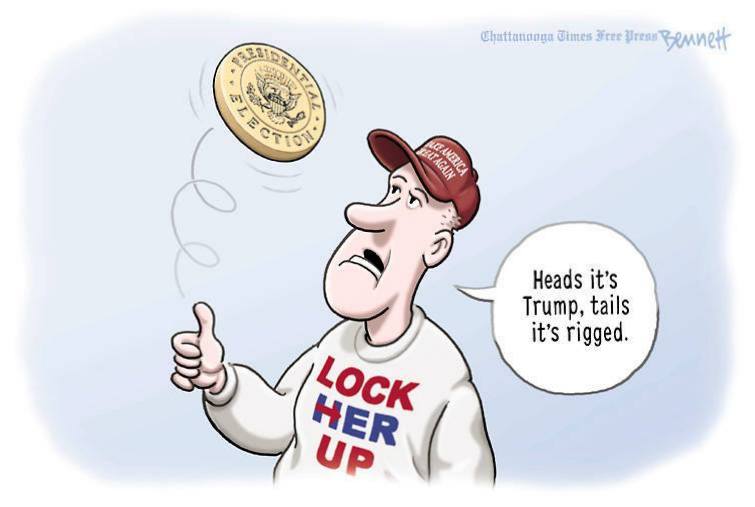
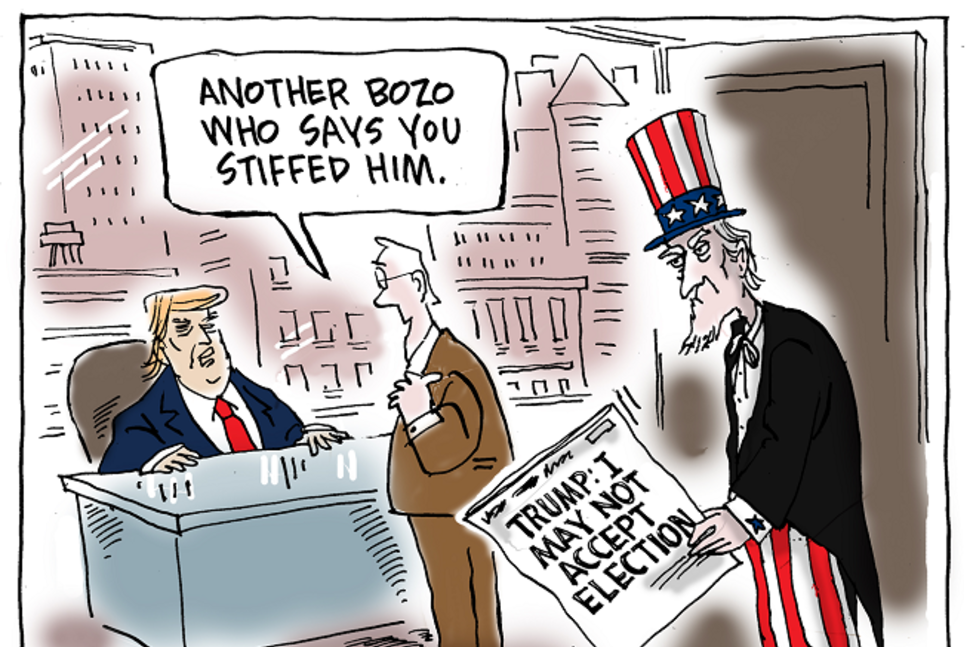 In completely unrelated news, Snoopy was fired by Met Life:
In completely unrelated news, Snoopy was fired by Met Life: